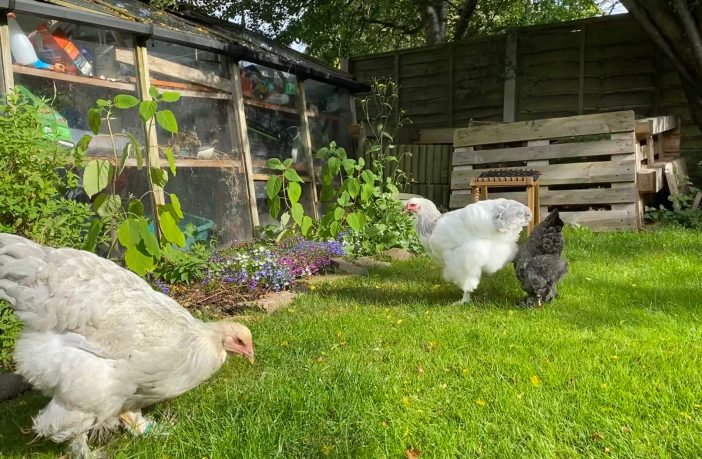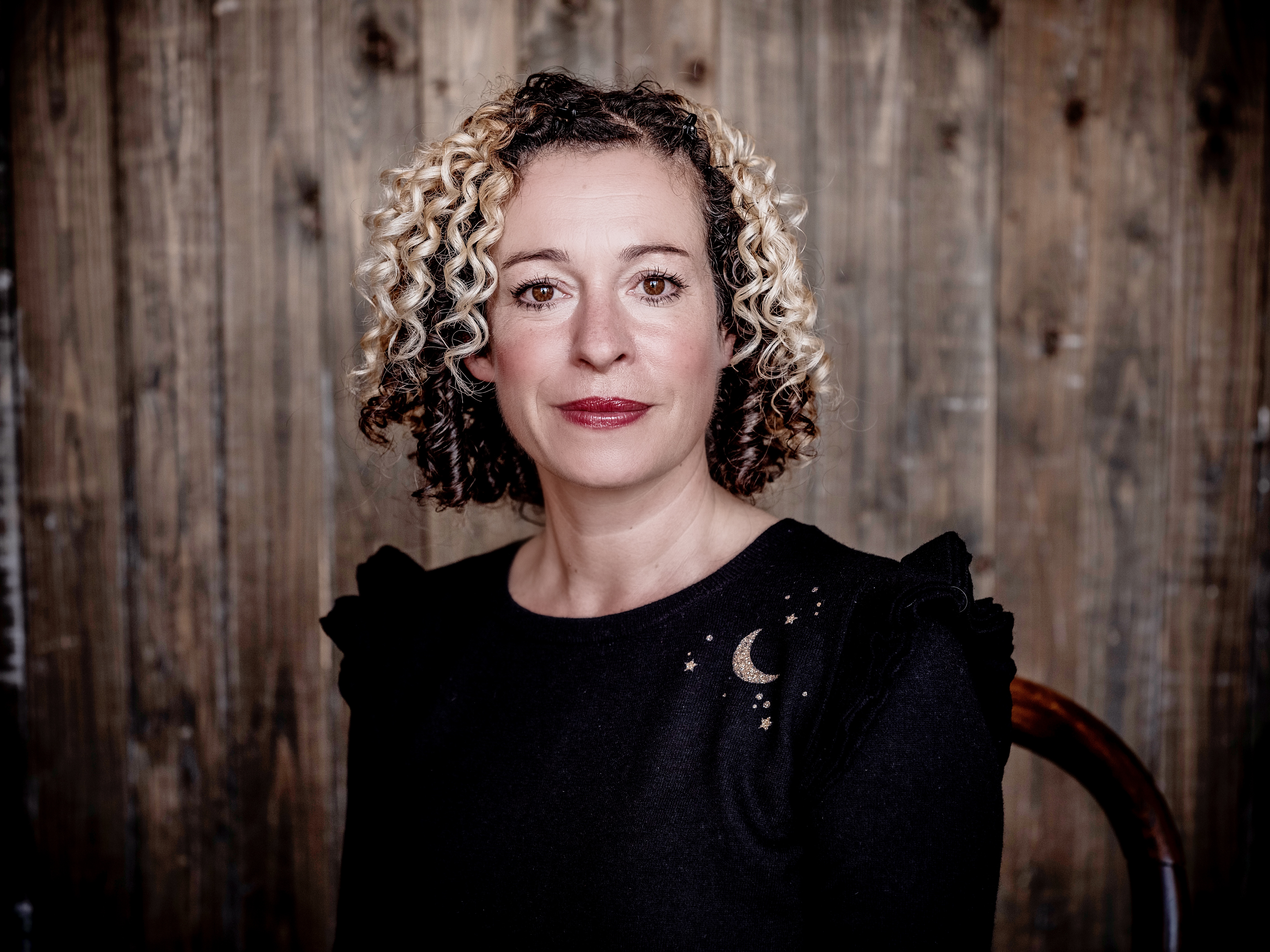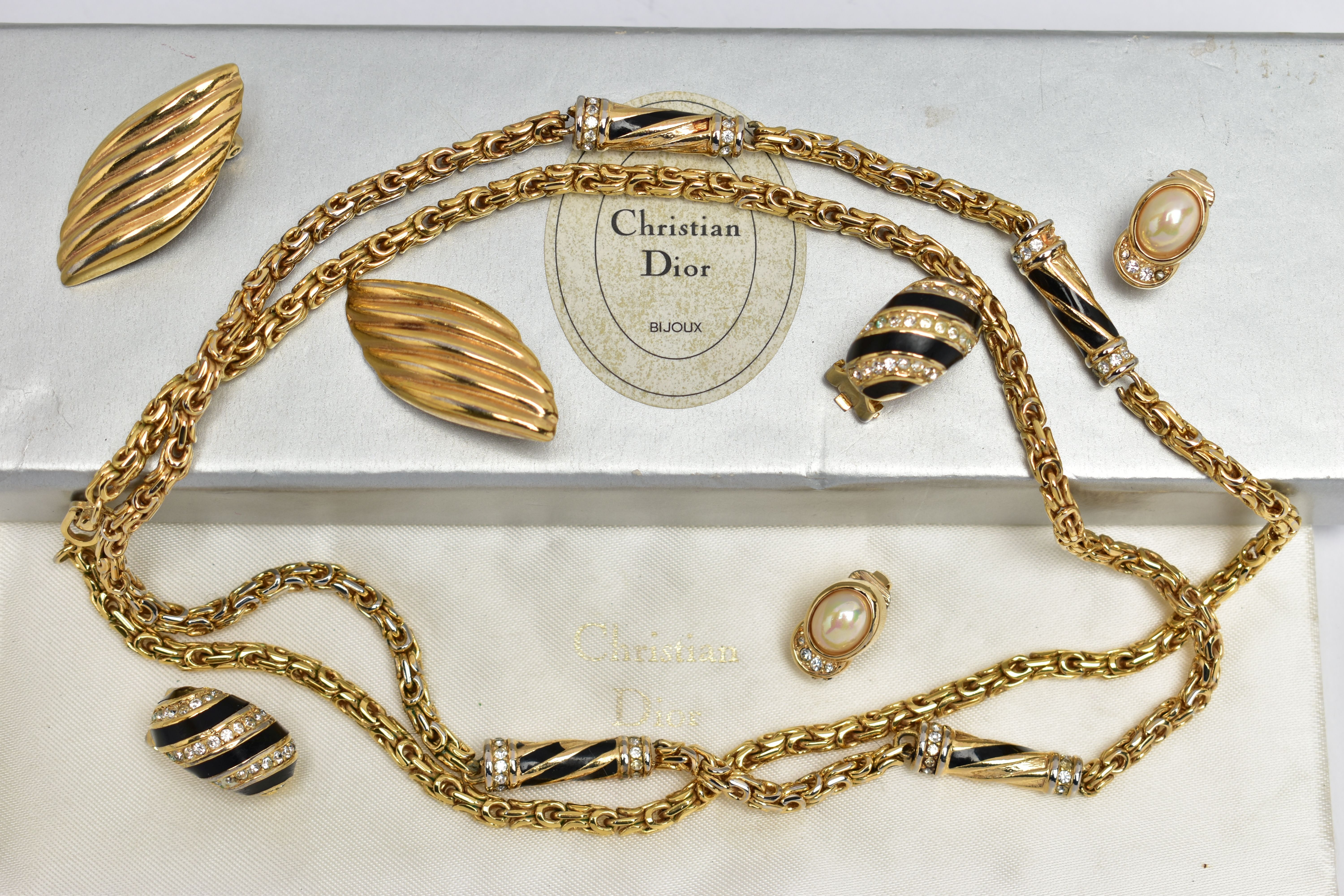If a garden full of chickens is on your wishlist then let us introduce you to a man who can help. Jenny Amphlett met up with Lewis Wescott, aka Dr Chicken, to find out more about his fowl line of work.
Fresh eggs in the morning, a hobby that can be enjoyed without stepping out of the garden gate, self-sufficiency, environmentally friendly living – there are so many reasons why keeping chickens has become a lifestyle choice for so many of us in 2020.
Lockdown forced people to reassess their priorities and look for simple pleasures closer to home.
Those who found themselves with more time on their hands than usual but nowhere to go tackled DIY tasks around the home, tidied the garden and then hit on the idea of growing their own fruit and veg.
Keeping chickens is a natural next step. It’s fun for all the family and, if you’re lucky, results in a steady stream of a food staple that was rationed by many shops and supermarkets just a few months ago.
If you can harden your heart enough, it can also result in a supply of organic, free range meat that you know has lived the best life possible.
There’s something wonderfully romantic and appealing about the idea of stepping back in time to a more innocent age, when our pleasures were simpler and our gardens were used for growing useful, usable things.

Lewis Wescott is the man to speak to if you need convincing that chickens could make your life complete.
A qualified veterinary surgeon, Lewis, who was born and raised in Sutton Coldfield, also goes by the name of Dr Chicken because of his long-held passion for the birds.
The 28-year-old, who works full-time at a veterinary practice in Tamworth, still lives and rears his livestock in Sutton Coldfield.
He was aged just 14 when he started keeping chickens. While his schoolfriends were exploring typical teenage activities Lewis was cleaning out after his animals and becoming an expert in their care.
“I used to work at Ash End Farm, a children’s farm at Middleton, after doing some work experience with them. I knew that I wanted to go to vet school so it was a great opportunity for me,” Lewis said.
“It was there that I was first introduced to keeping chickens myself, and we started keeping them at home. My family helped, but the chickens have always been mine.
“If people don’t know chickens then they won’t realise what brilliant personalities they have. I’ve just always found it so cool that you can buy an egg, put it in an incubator and have a chick.”
After graduating with a BSc in animal science then studying for a further five years to become a doctor of veterinary medicine, Lewis works as a small animal vet with a special interest in birds of prey and poultry.
He works with chickens for his day job but his interest in them takes up much of his free time as well.

As part of a degree project Lewis created a red mite treatment which proved 100% successful in lab tests and is currently being tested across the UK in chicken coops.
He’s worked with chicken related companies including selling chickens, feed and coops and representing the British Hen Welfare Trust as well as writing for various poultry magazines.
He’s given talks at The National Poultry Show, BBC Gardeners World Live at the NEC, The Edible Garden Show at Alexandra Palace and even ran a day-long course at the Highgrove Estate, home of Prince Charles.
If you’re keen to find out more about keeping your own chickens then Lewis could well be your man. He runs chicken keeping courses in his spare time in locations including London, Wales, Warwickshire and back home in Sutton Coldfield.

He runs one day introduction courses as well as a series of follow-on courses, including advice for those who wish to rear then eat their own chickens.
Some sessions are one-to-one and others, when not in the midst of a global pandemic, can involve up to 30 people staying in an eco lodge and taking a simple butchery course.
“We’ve had chickens for 14 years,” he said. “We started off with a trio of Belgian bantams and the flock then grew with the addition of Pekins and hybrids,” he said.
“We caught the hatching bug when I built my own incubator from scratch and now breed and hatch a few birds every year just to add to our flock.”
He currently has 18 chickens in his flock, including pure breeds, hybrids and cross breeds.
Over the years he has rehomed a number of ex-battery hens through the British Hen Welfare Trust and helped them to have a happy retirement.
He also keeps ducks after being given some as a surprise present at his 18th birthday party.
Lewis keeps some of his chickens longterm – and has some that are up to 12 years old. Others are reared specifically for the table.
He’s noticed a definite increase in interest in chicken keeping since lockdown began in March.
“I’m getting an awful lot of interest in courses and information and I’ve also had a silly number of emails this year asking if I can look after chickens for people while they go on holiday. Holiday cover is fully booked,” he said.
Lewis says he would definitely recommend chickens as pets, providing people have done their homework beforehand.
“They’re the perfect productive pet and the perfect family pet. Pets can start off being looked after by children but then they lose interest and the parents take over, but chickens have a way of holding children’s interest.

“They just keep on giving back as they keep on giving you eggs. Some people worry that their neighbours might not like the idea of chickens in the garden next door, but you’ll often find they’re even happy to look after them for you occasionally because of the eggs.
“We have such a lot of eggs that we keep our own neighbours supplied.
“As long as you feed and water your chickens and keep them cleaned out once a week they’ll be happy. They’re not high maintenance at all.”
To find out more about Lewis’s work with chickens visit his website at http://www.drchicken.co.uk/
Lewis’s top chicken keeping tips:
- You don’t need a massive garden to keep chickens. You need at least a metre square per chicken, which means it is still possible to keep chickens in a smallish urban garden.
- Hybrids are good beginners chickens. They’re fairly cheap to buy and you get a lot more eggs from them than you will from pure breeds. Pure breed chickens will usually stop laying from around Halloween to Valentine’s Day, but you could get one egg a day from a hybrid chicken all year round. That means you could get double the quantity of eggs from a hybrid.
- You don’t need to have a cockerel in order to get eggs – and you’re less likely to annoy your neighbours.





